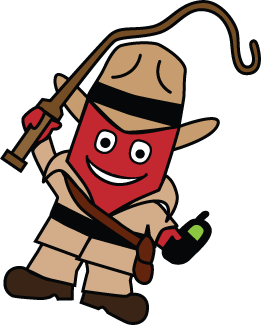|

Geocaching is an outdoor sporting activity in which the participants use a Global Positioning System (GPS) receiver or mobile device and other navigational techniques to hide and seek containers, called "geocaches" or "caches", anywhere in the world.
A typical cache is a small waterproof container containing a logbook where the geocacher enters the date they found it and signs it with their established code name. Larger containers such as plastic storage containers (tupperware or similar) or ammunition boxes can also contain items for trading, usually toys or trinkets of little value. Geocaching is often described as a "game of high-tech hide and seek", sharing many aspects with benchmarking, trigpointing, orienteering, treasure-hunting, letterboxing, and waymarking.
Geocaches are currently placed in over 100 countries around the world and on all seven continents, including Antarctica.[3] After 10 years of activity there are over 1,532,000 active geocaches published on various websites. There are over 5 million geocachers worldwide.
At Caching for Kidneys, geocachers of all ages have fun finding cool geocaches all while contributing to kidney health and initiatives in Saskatchewan. Participants will spend a couple hours seeking out caches hidden close to the event location. Stay tuned for more info!
For more information about Geocaching please visit http://www.geocaching.com/

The Kid
For the "The Kids" geocaching information click here.
|
